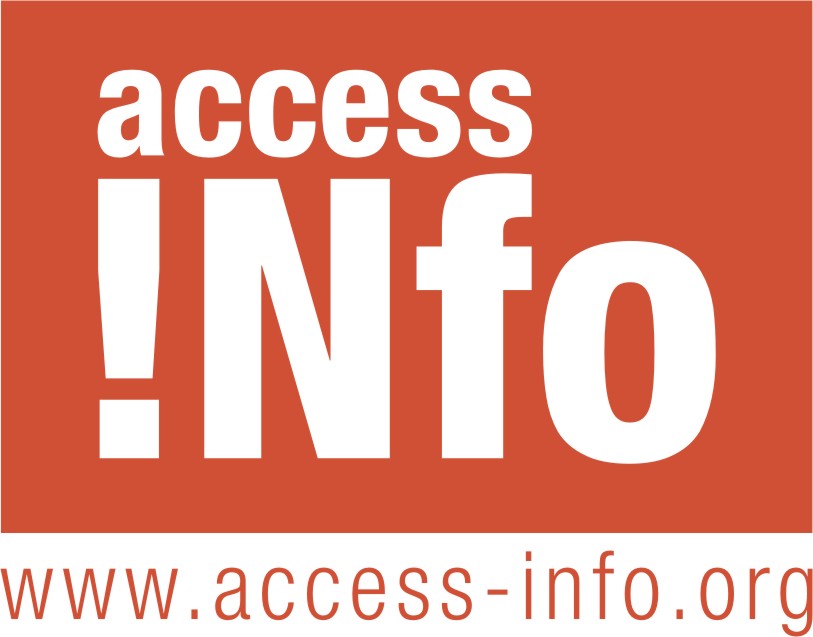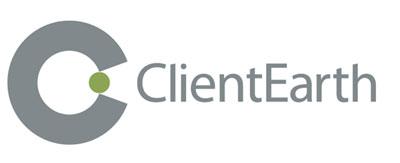European Parliament adopts proposals to improve EU transparency rules



Amsterdam/Madrid/Brussels 15 December 2011 – Access Info Europe, ClientEarth and Greenpeace on 15 December welcomed a vote by the European Parliament vote, adopting proposals to improve the EU’s access to documents rules by a convincing 394 votes in favour, 197 against with 35 abstentions.
The proposed reforms, contained in a report drawn up by Michael Cashman MEP already adopted by the Civil Liberties, Justice and Home Affairs Committee, are now the Parliament’s formal position and will be negotiated with the Council of the European Union, under the upcoming Danish Presidency (first six months 2012).
Access Info Europe, ClientEarth and Greenpeace noted that some amendments as proposed by the European People’s Party to the Cashman Report would have restricted transparency and have therefore welcomed that these were defeated in the voting in the Parliament.
The positive aspects of the European Parliament’s position include:
- » Improved definition of a document which covers electronic systems, including databases stored on “off-site” servers;
» Expanded scope of the right of access to documents to cover all EU bodies in line with the Lisbon Treaty;
» Strikes the right balance between EU institutions’ “Space to think” and transparency of the legislative process required by the Lisbon Treaty;
» Upholds the pro-transparency decisions of the European Court of Justice, particularly on disclosure of legal opinions issued in the course of legislative procedures;
» Rejects the member state transparency veto proposed by the Commission, which could have been based on weak national access to information laws;
» Ensures a rapid appeal process for members of the public denied information: confirmatory applications will still need to be responded to within 15 working days;
» Establishes Information Officers to improve efficiency in responding to requests from the public;
» Preserves existing legitimate exceptions which protect privacy, business secrets, and genuinely sensitive information in the context of competition and staff cases whilst ensuring that information which should be made public is automatically released.
“We are very happy with this result. We now have high hopes that the Danish Presidency will work in favour of strong transparency rules in line with the guarantees of the right of access to documents contained in the EU Treaties and international law,” commented Helen Darbishire, Executive Director of Access Info Europe.
CSO advocacy before the vote
Letters were sent twice to all MEPs prior to the vote and particularly to members of the EPP political grouping – the largest single bloc and representing the parties in power in many EU countries – which was against the proposed amendments. The letters by civil society called for a rejection of the changes to the access to documents rules which would have made them more restrictive. Fortunately, the EPP was unable unilaterally to block the amendments as they do not hold an overall majority in the parliament, although it was hoped their support would aid sending a strong message to the Council that transparency should not be restricted.
Watch the video of the 23 November 2011 LIBE Commission recommendations press conference here.
» Access Info, ClientEarth and Greenpeace letter to the EPP MEPs ![]()
![]()
![]()
» Access Info, ClientEarth and Greenpeace letter sent to other MEPs: ![]()
![]()
![]()

